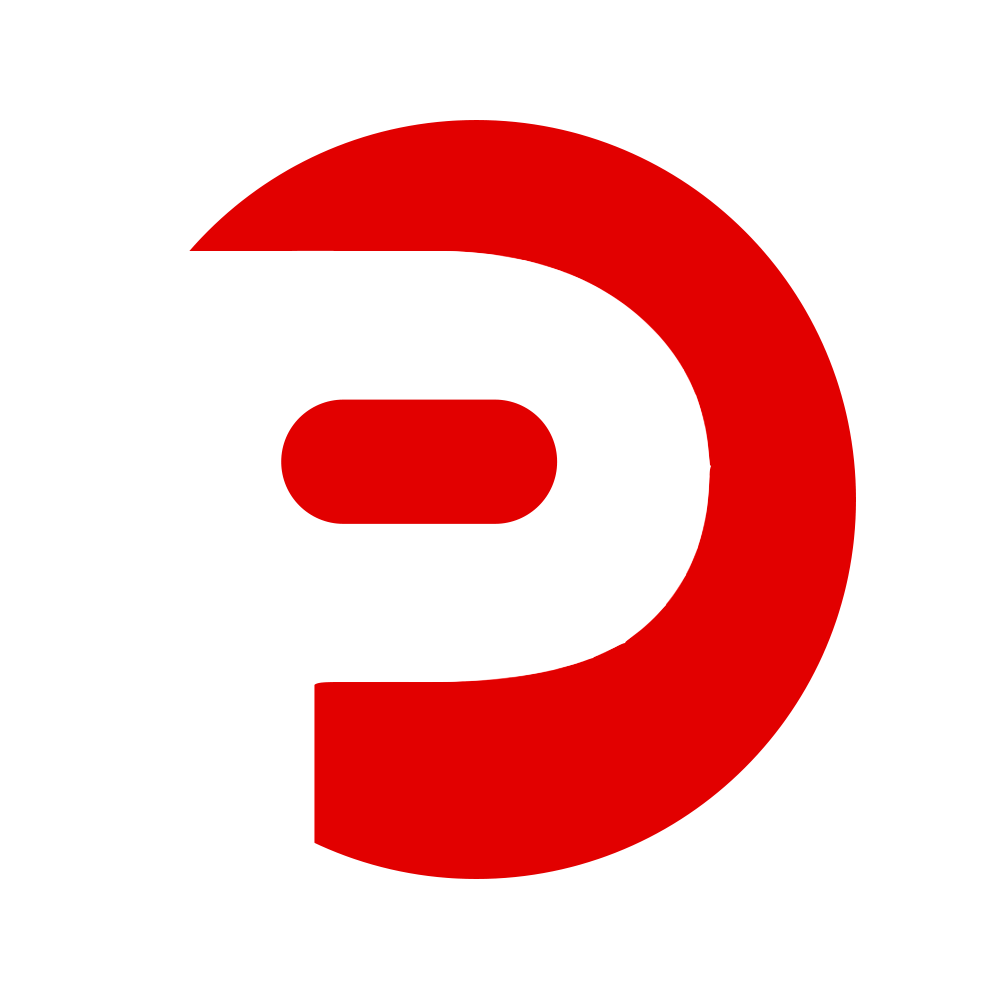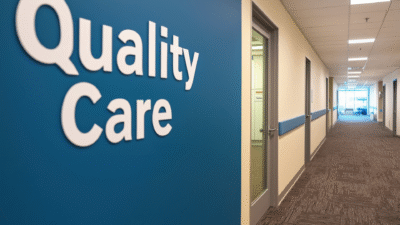Specialty drugs offer challenges and big opportunities.
The Rise of Specialty Drugs: A New Opportunity for Health Systems
Today’s health systems face a group of challenges, from rising labor costs to shifting care models, but a powerful opportunity is developing specialty pharmacies. With specialty drug costs projected to rise by 50% per member, per month between 2023 and 2026, hospitals must act strategically to manage financial pressures and seize new revenue streams.
While medications currently account for about 8% of non-labor expenses in hospitals, specialty pharmacies offer a promising path forward. By creating and operating their own specialty pharmacies, hospitals can:
- Capture valuable prescription revenue
- Keep patients within their care networks
- Reduce patient leakage to outside providers
- Improve overall community market share
For health systems that are also self-insured employers, the benefits are even greater, delivering substantial savings on employee prescription costs while generating new streams of revenue.
More Than Financial Gains: Improving Patient Outcomes
Beyond dollars and cents, specialty pharmacies play a serious role in enhancing patient care:
- Better Treatment Adherence: Close collaboration between physicians and pharmacists improves medication compliance
- Financial Assistance: Specialty pharmacies often help patients manage the high costs of treatment, reducing delays and abandonment
- Stronger Clinical Oversight: Managing specialty medications within the hospital system ensures better results and a smoother patient journey
With healthcare moving swiftly toward value-based care, specialty pharmacies offer a strategic edge, helping to reduce hospital readmissions and enhance patient satisfaction.
Real World Success Stories
Consider these examples of specialty pharmacy impact:
- A small community hospital focused its specialty pharmacy on employee prescriptions, saving $300,000 in benefit costs within the first year.
- A rural facility built a comprehensive specialty pharmacy service, including a bedside concierge program, generating $1.2 million in annual profitability.
- An urban four-hospital system implemented a centralized pharmacy and saw 30-day readmissions drop by up to 48% across key disease states.
These aren’t isolated successes; they demonstrate the transformative impact specialty pharmacies can have across diverse settings.
Challenges to Overcome
Despite the clear benefits, significant obstacles remain:
- Labor Shortages: Recruiting skilled pharmacists and technicians is particularly difficult in small or rural hospitals.
- Operational Complexity: Specialty pharmacies require intensive management — from 24-hour clinical support to prior authorization services.
- Accreditation Maintenance: Achieving accreditation is not a one-time achievement; continuous compliance is required to uphold financial and clinical benefits.
Without a robust infrastructure and expert management, many specialty pharmacy initiatives fail to reach their full potential.
The Role of Strategic Partners
To overcome these barriers, health systems increasingly turn to experienced specialty pharmacy partners. The right partner can provide:
- Pharmacist-led operational support
- Customized payer access strategies to maximize approvals
- Remote hub models offering 24/7 clinical support, order entry, and prior authorization services
- Full accreditation management to maintain compliance standards
Remote models are especially powerful, converting up to 64% of initially denied prescriptions into approvals, significantly expanding patient access to essential therapies.
Choosing the Right Partner
When selecting a specialty pharmacy partner, hospitals should prioritize:
- Staffing Expertise: Ability to recruit high-quality pharmacists, even in difficult markets.
- Shared Decision-Making: Maintaining control over staffing and clinical decisions.
- Transparent Financial Models: Preferably fixed-fee arrangements over unpredictable revenue-sharing.
- National Reach: Ensuring service access across a broad footprint.
Hospitals that invest strategically in specialty pharmacy infrastructure today will be better positioned to:
- Deliver superior patient outcomes.
- Achieve financial sustainability.
- Stay competitive in the evolving healthcare landscape.
Final Thoughts
Specialty drugs are reshaping the future of healthcare. By embracing specialty pharmacy strategies and partnering wisely, hospitals large and small can transform today’s challenges into tomorrow’s successes.





